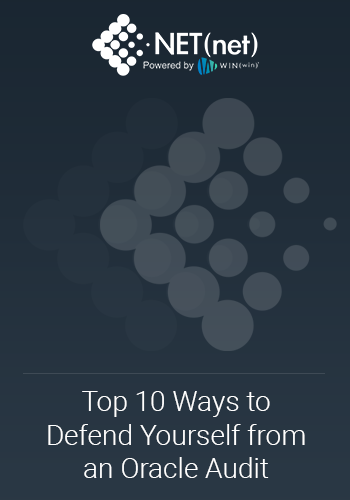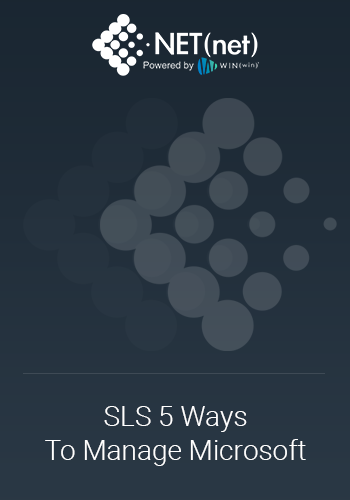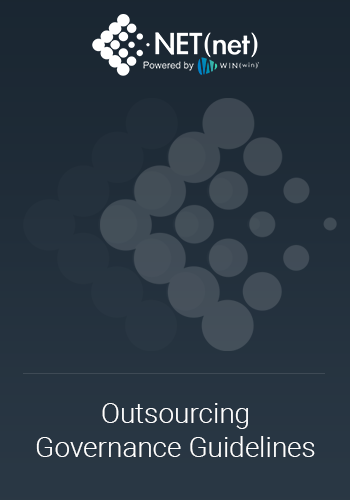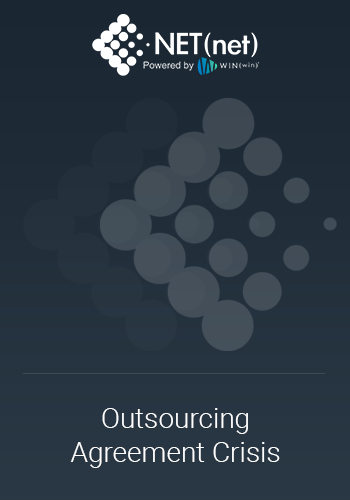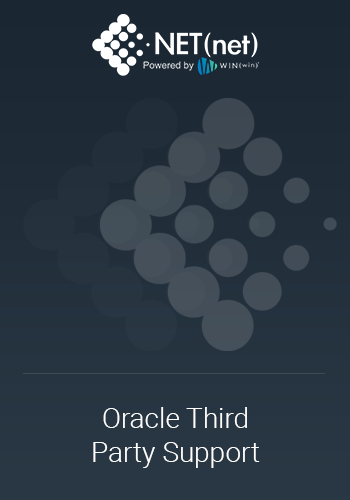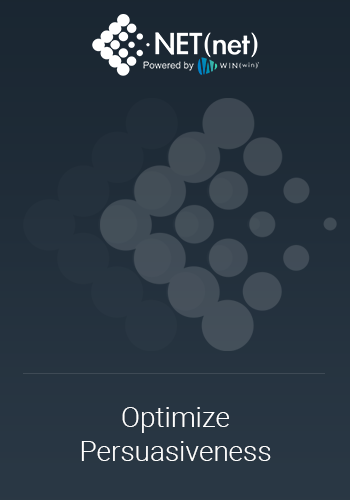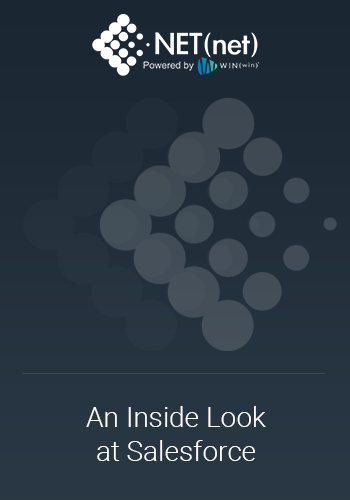Watson: IBM’s Healthcare Moonshot Flatlines and Dies
And in so doing, the last body of the Ginni Rometty era at IBM is buried.
We have written extensively on this topic:
Admittedly, NET(net) has been an outspoken (but fair) critic of IBM and Ms. Rometty over the years.
- Shortly after she was named CEO, we documented our Top 10 Reasons Why Ginni Rometty Will Fail as IBM’s New CEO, and fail she did.
- The following year, we were honestly a bit surprised at how quickly she was failing, and published another article called IBM CEO Ginni Rometty Failing Fast, where we outlined the cannibalizing culture and performance of missed expectations she was forming and enforcing.
- Three years following, we published another article called IBM’s CEO Ginni Rometty Ouster Imminent, where we illustrated how she had abandoned her primary goals, which gave us the clearest indication that she was no longer trying to transform the company at all, rather, merely trying to ride the train to its final station.
- And when Ms. Rometty finally announced her ‘retirement’ in Feb of 2020 (after the board could no longer ignore her incompetence and mounting failures), we memorialized her 8-year reign of terror with another blog called, “Shrinking Value, Shrinking Sales, Sinking Ship: The Story of IBM’s Ginni Rometty
The Ginni Rometty Era
Feel free to go back and check our past works on this topic. I do not believe our views about her calamitous mismanagement were difficult to detect back then or now. By all reasonable measures, Ms. Rometty was a complete and total disaster for IBM, and the scuttling of Watson is the last act to:
1. Memorialize her failure
2. Cast in stone her fraudulent attempts to financially engineer the company by:
- gutting its culture
- killing off its innovation
- axing tens of thousands of its best and brightest people
To her credit, while she quietly oversaw the most significant downturn in IBM history, Ms. Rometty shamelessly and continuously pointed to some far, distant goal, always proselytized with same old tired marketing platitudes that are just out of reach, but amount to nothing more than the complete and total nonsense (think, outthink, cognitive, smarter planet, et al) that is quintessential IBM marketing. Maybe their next one, Quantum Computing, will be the homerun they need.
Up until now, the market has soundly rejected all IBM’s attempts to rebrand itself without substance. At the same time the S&P 500 rose 160%, IBM stock was down 26%, driving IBM’s market value down from $240 Billion to $120 Billion (a decline of 50%). All the while, Ms. Rometty happily took a lavish pay package and was frequently (and inexplicably) rewarded with additional bonuses, totaling well over $150 Million in compensation during her tenure. Nice work if you can get it.
IBM Watson
Ms. Rometty certainly pinned her hopes (and the company’s future) on Watson, and IBM marketed the computer-generated Artificial Intelligence (AI) promise of Watson heavily (at her behest), but as its inventor David Ferrucci warned, Watson’s ability to beat Ken Jennings on Jeopardy was a highly specialized use case and would not necessarily translate easily to the commercial world. Those warnings from Mr. Ferrucci about not over-promising future capability were unfortunately ignored, and significant investments were made (most notably in healthcare). Watson never lived up to the hype; suffering from technical problems, falling far short of expectations, and failing to deliver a solid business case to any customer except for a very few ‘reference accounts’ where IBM had massively over-subsidized the technology with an army of consultants to gin up the algorithms with human IP. How ironic is it that Watson, once billed by IBM as the biggest revolution in healthcare flatlined and died on the table?
Red Hat
Ms. Rometty was at the helm when IBM bought Red Hat, but IBM’s current CEO Arvind Krishna is largely credited as the deal architect for that acquisition. In either case, IBM wildly overpaid for the asset, as it was clearly making a desperate hail-Mary attempt to sequester some form of relevance in a rapidly changing world that was leaving IBM behind. To date, IBM has not done enough to convince customers that Red Hat is the open management answer to hybrid and/or multi-cloud environments. Rather, many customers believe (or at least worry) Red Hat may very well be the proverbial fox guarding the hen house, more concerned about looking for every opportunity to sell more IBM cloud services than it is about providing a truly open platform for hybrid cloud management. Make no mistake, Red Hat is an excellent offering, and it's probably the one bright spot in what is an otherwise dismal set of numbers in IBM’s portfolio, but even still, we wonder if carrying the IBM logo is stifling Red Hat’s growth and market acceptance rather than propelling it. It wouldn’t surprise us terribly to see Red Hat spun back out at some point in the future, but that seems less likely now that its former CEO Jim Whitehurst left the company after not being named IBM’s next CEO.
Arvind Krishna
In February of 2020, we gave Mr. Krishna our Top 6 recommendations on how to turn IBM around in our Blog, “Breaking Dawn for IBM: Meet the New CEO, Mr. Arvind Krishna”, and our 6th recommendation was to make IBM more like Red Hat, and resist destroying Red Hat by trying to make it more like IBM, but despite his best effort to signal this very plan to the market (most notably by naming Jim Whitehurst as IBM’s President), IBM seems to be locked in an unfortunate and seemingly endless downward spiral, where the gravity of circling the drain feels as much inescapable as it does inevitable.
IBM may have missed the opportunity to make a bold move in the industry by naming Mr. Whitehurst as its CEO, but Mr. Krishna may not be a bad choice, as his technical background and partner focus is a welcome change from the poisonous sales leadership culture that plagued the company in recent history. However, the market has seen little evidence so far that IBM is able to make any kind of meaningful comeback in the enterprise any time soon, and the latest news about scrapping Watson only adds to the skepticism about IBM as they have spent a considerable amount of time trying to rebrand themselves as a provider of “hybrid cloud and AI”, and it looks like they just abandoned their only other growth market!
We still know of exactly zero actual clients who are clamoring to get new IBM products and services in place in order to bolster their digital transformation and/or cloud migration strategies. The overwhelming majority of clients who work with us on IBM continue to be those who are looking to slash costs, reduce exposure, and modernize their organizations in ways where IBM will not be a key future player. This spells trouble for IBM and indicates to us that things will get worse before they get better (if they are ever to get better).
With a lack of market leadership (still no market leading products in any category), a broken marketing message (how are you the leader in hybrid cloud and AI if you are scrapping your AI [Watson]), unhappy customers intent on reducing your cost and minimizing your influence, continued underperformance on revenue goals, and no real unique (customer accepted) role in the modern enterprise, it is no wonder why the problems at IBM have metastasized into a life-threatening disease. Since Mr. Krishna took over, IBM revenues are down 8.24%. A year ago, Mr. Krishna laid out an extremely ambitious plan to double company revenues within 3-5 years, but since that time, IBM’s revenues are down 3.84% (although remaining company business is up about 6% over the year ago quarter after the Kyndryl sale, giving IBM stock a quick boost, until CFO Jim Kavanaugh wouldn’t answer questions about EPS, spooking investors about earnings enough to return all previous gains).
Stay tuned for our next blog on IBM, which will be to evaluate Mr. Krishna’s performance as IBM’s CEO after his 2nd full year (coming this February, 2022).
The Modern Enterprise
The cloud has become the strategic endpoint for innovation and workloads. Our clients are digitally transforming while simultaneously minimizing their dependency on IBM to become Modern Enterprises that are mobile, virtualized, cloud enabled, and cost optimized.
If you are a large IBM customer, find out how you too can save 30-65% with our ME (Modern Enterprise) Savings Cloud Program (request the video here), which is designed to help clients modernize their organizations, while saving big on mainframe, legacy, and cloud technology costs.
About NET(net)
Founded in 2002, NET(net) is the world’s leading IT Investment Optimization firm, helping clients find, get and keep more economic and strategic value. With over 2,500 clients around the world in nearly all industries and geographies, and with the experience of over 25,000 field engagements with over 250 technology suppliers in XaaS, Cloud, Hardware, Software, Services, Healthcare, Outsourcing, Infrastructure, Telecommunications, and other areas of IT spend, resulting in incremental client captured value in excess of $250 billion since 2002. NET(net) has the expertise you need, the experience you want, and the performance you demand. Contact us today at info@netnetweb.com, visit us online at www.netnetweb.com, or call us at +1-866-2-NET-net to see if we can help you capture more value in your IT investments, agreements, and relationships.
NET(net)’s Website/Blogs/Articles and other content is subject to NET(net)’s legal terms offered for general information purposes only, and while NET(net) may offer views and opinions regarding the subject matter, such views and opinions are not intended to malign or disparage any other company or other individual or group.


